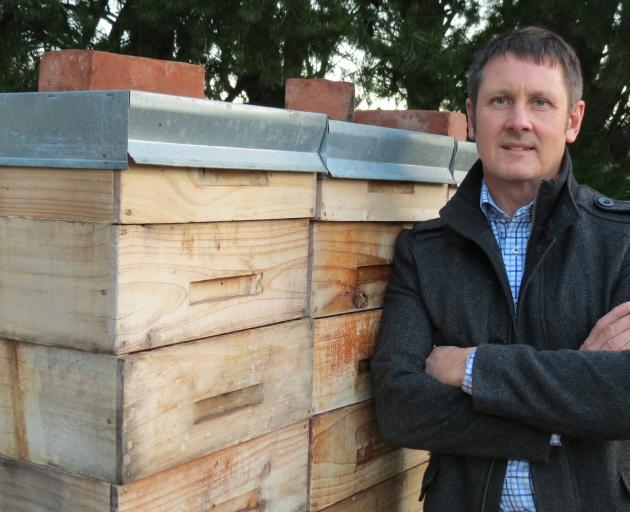
Apiculture New Zealand board member and commercial honey producer Russell Marsh, of Ettrick, said the past summer ''had gone on forever'' and honey production has been ''fickle'' in some areas.
He said while many Central Otago beekeepers were happy overall with the past season, production was varied in some northern sites in the region because of dryness early in the summer, and a lack of soil moisture retention, compared with southern areas.
''It is quite fickle because of weather conditions and how they played out in the region.''
Windy conditions meant bees were reluctant to go out, as they might not be able to get home again, but this season had been bit calmer and appeared to motivate the bees to spend longer foraging.
''The most significant change this season has been the clover honey commodity price coming off its high.
''Last year, we had a record high of $13 a kg for top quality clover (on average) but there have been some reports of some beekeepers having to accept $8.50 a kg for the same quality.''
The drop in honey receipts had a flow-on effect on the price of beehives and their value had dropped significantly.
There had been no new disease or pest incursions on the biosecurity front.
However, there had been slight drops in honey yield from hives which were being treated for varroa mite.
''We [New Zealand] has had it since 2000 but [we are now seeing] there are subtle differences in yield and capability in terms of bee health.
''Every bee generation has been affected.''
The treatments used to control the mite had a limited efficacy and the longer they were used, the less effective they were.
The resulting national average yield was dropping slightly compared with the 2000 crop.
He said Apiculture NZ was assisted with implementing the third annual colony loss survey to collect data to make educated decisions about trends and recovering yield loss.
He urged beekeepers to respond to the survey to ensure the data was as accurate as possible.
-By Yvonne O'Hara













